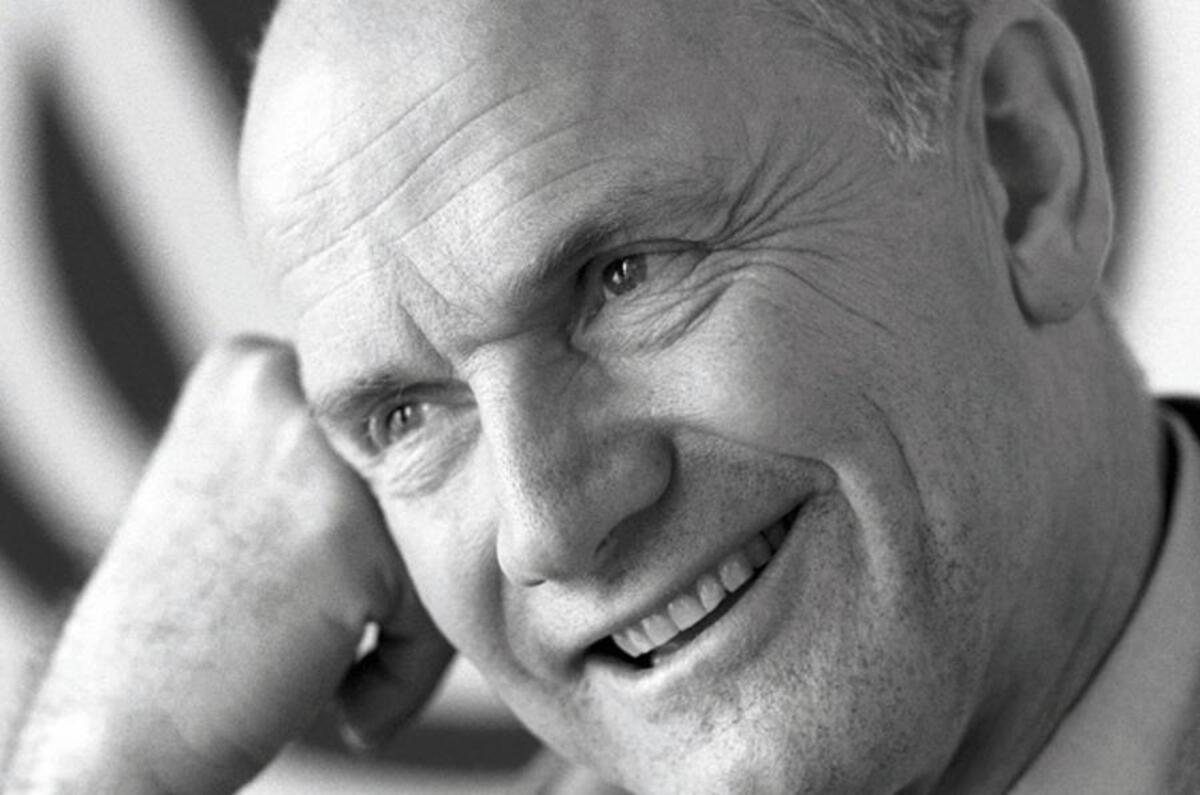Ferdinand Piëch, the former head of the Volkswagen Group and a key figure behind the firm’s growth into one of the world’s largest automotive firms, has died, according to reports. He was 82.
German newspaper Bild reported that the Austrian died on Sunday, although the news has yet to be confirmed by the Piëch family, Porsche SE or Volkswagen.
The grandson of Ferdinand Porsche, Piëch created a huge legacy in the car industry, both through his leadership of the VW Group and his skills as an engineer.
Piëch first joined Porsche, the firm founded by his grandfather, after graduating from university in 1963. He led the development of the fabled Porsche 917 racing car, which took the firm’s first Le Mans 24 Hours victory in 1970.
From there the 917 went on to become one of the most successful race cars in history. But with an agreement in place that no member of the Piëch/Porsche family should be involved in the day-to-day running of Porsche, he left to join the VW Group’s Audi firm in 1975.
As head of Audi’s technical engineering division Piëch led development of the Audi 80 and 100, and played a key role in approving the development of the four-wheel-drive Audi Quattro Group B rally car. Under his rein, Audi won the World Rally Championship for manufacturers with the quattro in 1982 and 1984. But he was also pivotal in Audi’s reinvention as a premium brand to rival BMW and Mercedes-Benz.
In 1993 Piëch became chair of Volkswagen’s management board, at a time when the company was in deep financial trouble. He turned the firm around by spearheading the development of modular construction techniques that could be applied across the VW Group’s brands, and by the aggressive acquisition of Skoda, Bentley, Bugatti and Lamborghini, along with truck makers MAN and Scandia and the Ducati bike firm.
The extreme shift in operations at Volkswagen under Piech saw it turn a loss equivalent of €1 billion into a €2.6 billion profit. By building more advanced models with greater quality without large scale job losses or a general shift of production into lower-cost countries, Piech won the allegiance of German automotive worker unions and Volkswagen shareholders alike. As well as raising profitability, he also drove Volkswagen’s fortunes on the world’s stock markets, making it one of the richest car makers of all time.
He also helped to forge closer ties between the VW Group and Porsche, both of which are owned by the Piëch/Porsche family’s holding firm Porsche SE, which Piech owned 10% of.
While Piëch was forced to retire from his role leading VW when he turned 65, he remained a key figure on the firm’s supervisory board until retiring in 2015, as the dieselgate scandal was emerging.








Join the debate
Add your comment
It's always sad news when
This comment however intrigued me.
But with an agreement in place that no member of the Piëch/Porsche family should be involved in the day-to-day running of Porsche.
Why?
Whilst I will
offer sympathy to his friends and family, the facts are he did oversee the dieselgate scandal, and perhaps he should have been sitting in a jail cell with other VW group executives.
@jonboy4969 I quite agree
The comment made by Jason_Recliner is abhorrent and totally unwarranted.
I did meet Ferdinand Piech on 3 or 4 occasions, whilst he might have been a hard taskmaster and shrewd, driven (some would say ruthless) businessman, he was always a perfect gentleman.
RIP